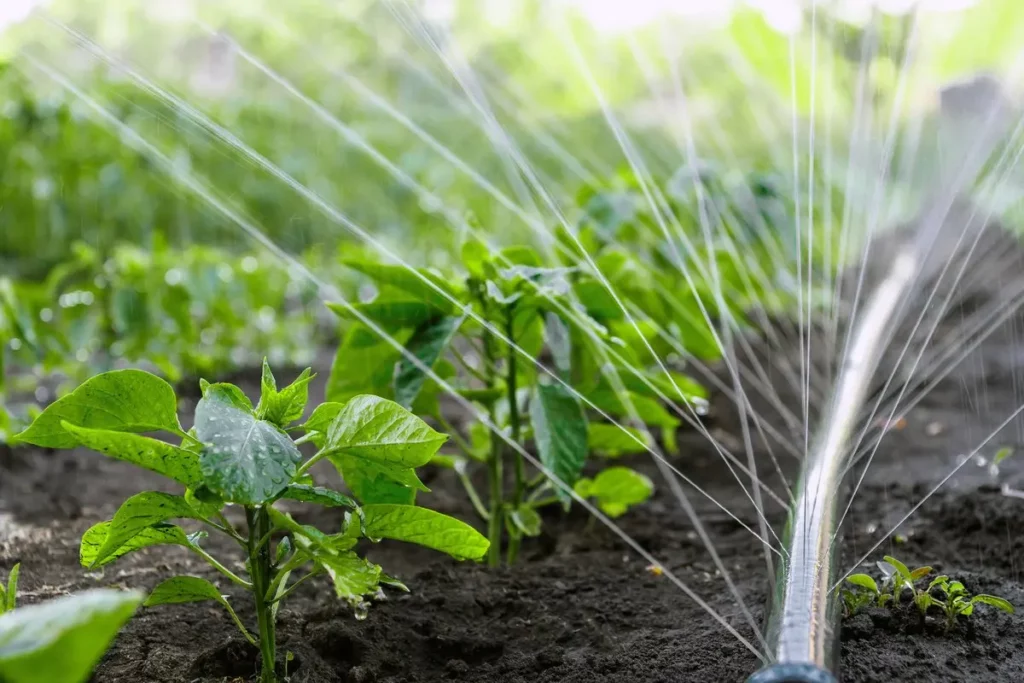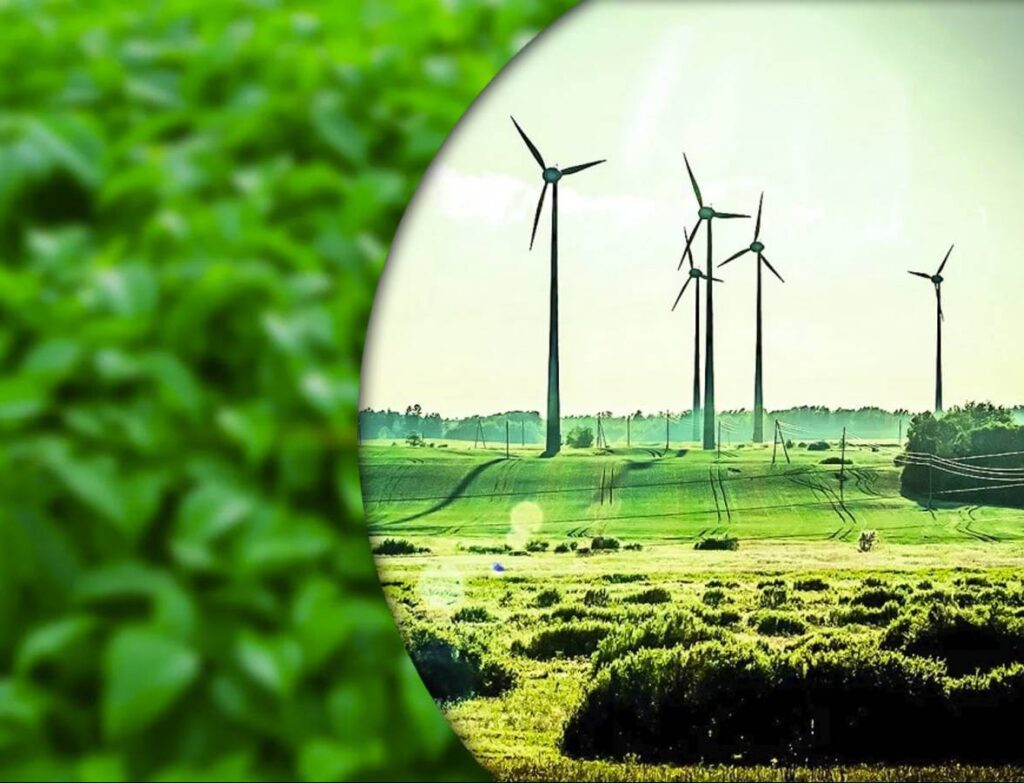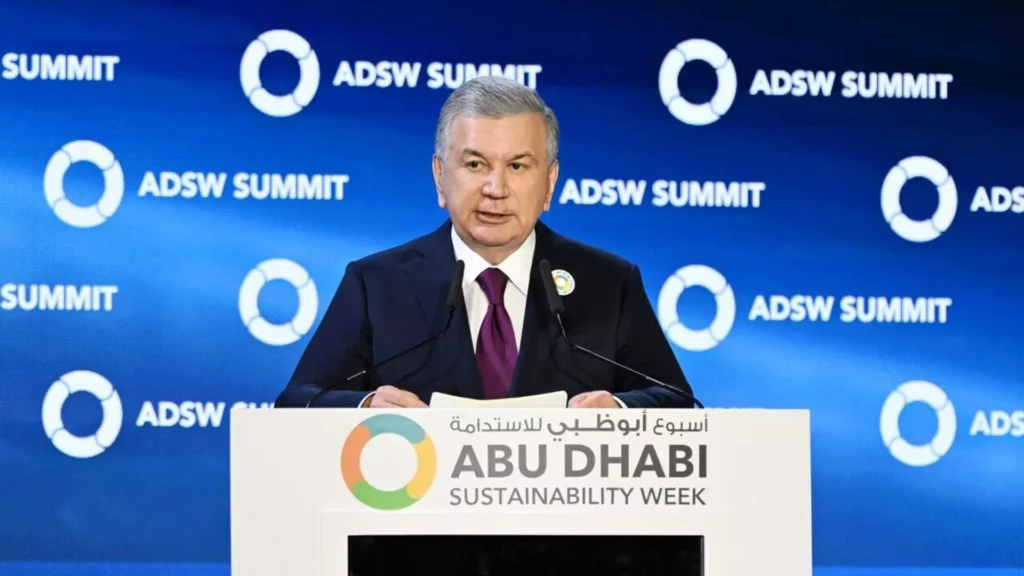Air pollution in Uzbekistan, as in most other Central Asian countries, is becoming a serious environmental problem. If urgent measures are not taken to improve air quality, Uzbekistan may face even greater risks.

Polluted air and massive deforestation have already caused serious problems that affect many people. The rise in chronic respiratory diseases is not just statistics, but the real price that people pay for inaction and mistakes. The economy suffers no less: the ability to work is lost, the costs of treatment increase, and the country’s development is slowed down due to neglect of basic environmental principles.
The World Bank estimates that PM2.5 air pollution in Tashkent could cause approximately 3,000 premature deaths annually, with welfare losses estimated at $488.4 million per year, according to the Tashkent Air Quality Assessment 2024 report .
An otolaryngologist from Tashkent, Aziz Uzakov , a member of the American Academy of Head and Neck Surgery, in an interview with CABAR.asia said that recently, due to the deterioration of air quality in Uzbekistan and neighboring countries, the number of patients with allergic diseases of the respiratory tract has increased significantly.

“Unfortunately, allergic rhinitis is a very pressing problem today. This disease affects every third person, and given the environmental conditions of our and neighboring countries, requests to otolaryngologists are becoming more and more frequent. Many patients come with such symptoms, and in some cases the disease can even recur, requiring surgical intervention, although surgery does not always help,” Uzakov said.
He noted that the problem is not only that there are more patients, but also that the disease is “getting younger.” And this cannot but be alarming.
According to him, the number of children suffering from allergic rhinitis has increased significantly. Children as young as two years old begin to complain of such diseases.
The problem is not always related to a weak immune system, as many believe. It is primarily related to the fact that PM 2.5 particles are constantly in the air and are the cause of many diseases, the doctor emphasized.
“The main difficulty is that although medications may provide temporary relief, as soon as their use is stopped, the symptoms return. This happens because pollutants are constantly present in the air, and irritation of the mucous membrane continues. Because of this, patients are often forced to use medications for years,” Uzakov said.
According to the above-mentioned World Bank report, the main sources of pollution in Uzbekistan are industrial enterprises such as metallurgical plants, cement factories and coal-fired power plants. These enterprises emit significant amounts of PM2.5 particulate matter, sulfur dioxide and nitrogen, worsening air quality, especially in large cities.
Almalyk resident Elena Shek , a resident of Almalyk, a city in the Tashkent region of Uzbekistan, where the country’s largest metallurgical plant, AGMK (Almalyk Mining and Metallurgical Plant), is located, confirmed this in an interview for CABAR.asia and spoke about how they feel about air pollution in their city.
“When exhaust fumes and gas are emitted over the AGMK in our city, as far as I understand, it is impossible to breathe in the city. You stretch out your hand and you can’t see your fingertips. You start coughing terribly, to the point of vomiting, tears flow from your eyes, your lungs seem to “burn” from the inside. Terrible air. It’s a disaster,” says Elena Shek.
According to her observations, a large number of patients in oncology hospitals are residents of Almalyk.
“When I had guests from Russia, they left the city on the third day because they couldn’t stand the air and started coughing terribly,” the woman said.
According to the World Bank, the transport sector is also one of the main sources of air pollution in Uzbekistan, producing about 16% of all PM2.5 emissions in the country. Old cars using low-quality fuel significantly worsen the air quality in large cities.
The report and its proposed Roadmap offer possible solutions to improve the situation with polluted air, including modernization of enterprises, introduction of filters and other air purification technologies at enterprises, transition of coal-fired power plants to natural gas, development and transition of public transport to electric vehicles and other steps that require huge investments.
Tashkent-based environmental expert and founder of the NGO for the protection of flora and fauna “Indigo” Pavel Volko spoke in an interview with CABAR.asia about what practical steps can be taken without major expenditures to improve air quality in Uzbekistan.
First of all, Volkov suggests paying attention to the creation of green zones in the cities and regions of the country, paying attention to the preservation of old green spaces in the cities and villages of the country.

“The loss of forests and green spaces exacerbates other environmental problems. Green spaces filter air, retain soil moisture and prevent erosion. Their loss leads to poor air quality, desertification and loss of biodiversity,” he says.
It is necessary to continue greening programs, such as the planting of saxaul on the Aral Plateau, which have an extremely positive impact on air quality.
“For example, planting saxaul on the Aral Plateau helps combat soil salinization, reduces dust storms and helps create conditions for further greening,” he said.
Particular attention should be paid to preserving the old green fund, which in Uzbekistan has suffered greatly due to improper pruning, the expert believes. City services often remove more than 30% of tree branches, which leads to their weakening and death. A tree is a living organism, its weakening causes diseases and pest attacks.
It is necessary to implement programs to restore the mature green fund, as well as to conduct a systematic planting of new trees. The balance between preserving existing plantings and creating new ones is the key to improving the ecology and quality of life.
The effectiveness of plants in cleaning the air depends on the amount of foliage: the more leaf mass, the better. However, it is also important to consider the cleanliness of the foliage. Trees growing along roads become covered in dust, which reduces their ability to absorb carbon dioxide.
Plants also trap dust on their surface, preventing it from entering human lungs. In addition, green spaces absorb harmful chemical compounds such as nitrogen oxides and sulfur dioxide, making them indispensable for improving air quality.
However, when planting, it is important to maintain a variety of species.
“Experiments with non-native species are acceptable, but they should not become widespread. Native plants are better adapted to the conditions of the region, although with the right approach, individual foreign species can also show good results,” Volkov said.
Mass planting of vegetation and reduction of transport use are important steps to improve the environmental situation. However, these actions are not enough to significantly reduce air pollution. A comprehensive strengthening of measures aimed at restoring the ecological balance is necessary: preventing soil degradation, combating erosion and thoughtful use of natural resources.
Proper implementation of agrotechnical measures and timely actions can enhance the positive effects. Any greening programs, if they are competently implemented, certainly improve air quality.
The ability of ecosystems to filter air and retain dust is negatively affected by the loss of biodiversity.
“All elements of nature are interconnected, and any loss upsets this balance. For example, the extinction of one species can lead to the destruction of food chains and, as a result, to the deterioration of ecological functions,” says the ecologist.
He cited the story of China as an example that illustrates this principle. The destruction of sparrows as part of a food program led to an uncontrolled increase in the number of insect pests, which damaged agriculture. This example emphasizes the need for careful treatment of nature and the importance of preserving biodiversity.
“Biodiversity is the basis of a healthy ecosystem, and its loss will inevitably worsen the quality of human life. Restoring biodiversity is a task of national importance that requires a long-term approach and investment,” Volkov said.
The development of cellular communications also affects biodiversity, especially insects, which lose their ability to navigate. This leads to their extinction, which disrupts the ecosystem balance. Therefore, it is necessary to approach technology issues wisely in order to minimize their impact on nature, he also noted.
Pavel Volkov believes that each person can contribute to improving the environment. To do this, it is necessary to reduce the use of disposable plastic, consume water rationally, and participate in environmental initiatives.
“People must understand that ecology is their habitat. Formation of ecological culture requires a return to traditions of careful attitude to nature. This will not only improve the ecological situation, but also strengthen the connection between man and the environment,” he said.
Ecology is not only a matter of preserving nature, but also of economic benefit.
“Clean land, water and air affect the health of the population, the development of tourism and other industries. Investments in ecology will pay off in the future, so such projects should be a priority,” says Volkov.
If we do not take drastic measures right now, the situation will only get worse. Half-measures and temporary solutions will not save us. Tough actions are needed: a ban on cutting down trees, control over sources of pollution and an immediate transition to environmentally friendly technologies. Otherwise, there is a risk of leaving future generations a country in which it will be difficult not only to live, but also to simply breathe, the ecologist believes.
https://cabar.asia/ru/kak-mozhno-uluchshit-kachestvo-vozduha-v-uzbekistane



